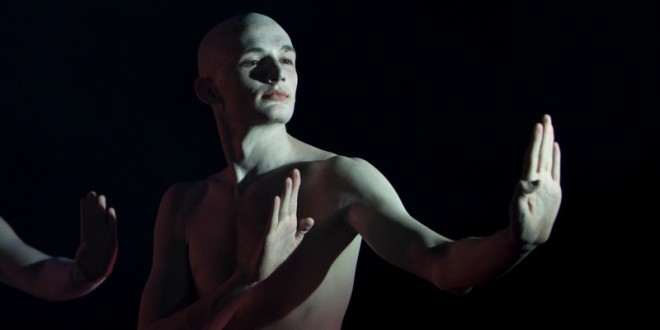Dear Reader
While it may seem a little self indulgent to have the whole of this section written on the black pages, the implications for myself are about as personal as it gets. For the past five years, I have engaged in analysis of my cognitive and emotional self and discovered that things are not as they seemed. That process continues, and this dissertation represents a stage along the journey.
In the Baha'i Writings we find "man should know his own self and recognize that which leadeth unto loftiness or lowliness, glory or abasement, wealth or poverty" (Baha'u'llah, 1998). The Book of Proverbs says "knowledge is strength." (Proverbs, 24.5).
This research has had great impact upon my own life and has strengthened it. Had I not embarked upon it, I am convinced that I would be in a lower place, despite the struggle and I am grateful for the opportunity. A diagnosis of any kind and at any age brings with it huge uncertainty: What is this thing? How does it affect me? How does it affect those around me? Is it contagious? What can I do about it? These are the questions I have found some answers to through the study of the published knowledge and work of others and an in-depth and sometimes invasive and painful investigation of my self.
The implications for my life from this point are several, and in a way represent my hopes and dreams. Some of the points given here are beginning to make sense for me as a direct result of the research, others are still some work away - there is a gap between knowing something rationally and believing it to the point of being able to take the leap.
- I can be confident of my ability to make music that is "right" for its intended purpose.
- I have accepted - finally that I am not crazy, and neither is everyone around me. I am more able to recognise situations where my "impaired" faculties will be stretched, and to plan better for them.
- I can celebrate my cognitive differences that give me access to musical and sonic ideas that others may not have, and exploit them.
- I need to learn to remember to share my music, and my experience of music, with my family.
- I have learned more compassion and tolerance for those who do not understand me, because there is a reason that they do not.
- I have a responsibility to learn more about the way that music "works" for people, especially for people who are "different".
- I am working hard on eye contact and reading the feelings of others.
- I need to find more about the ways that music-making acts upon empathy and to find ways to improve my own.
It is said that knowledge is power. I feel that had the knowledge of my own self removed when I became aware of my Asperger's Syndrome, but if knowledge really is power then I am more empowered than before.
Related Posts
- I do this because ...: Academic pursuits are never the whole picture. There are personal reasons for engaging in this research.
- You don't know what you don't know ...: Giving a label of "different" to an experience that is "normal for me" results in a re-evaluatuion of a whole life.
- What will I want to know next?: This document will live on. What are my own hopes for learning from it?
- Glasnost: The policy of glasnost - openness - has been adopted for the sake of altruistic motivations. Maybe ...
- Meaning Making: Meaning must surely be found somewhere?
- Eye Contact: On some occasions an unexpected emotional connection occurs, and can be overwhelming.
- Being there: Families and friends stand or fall by their unity.
